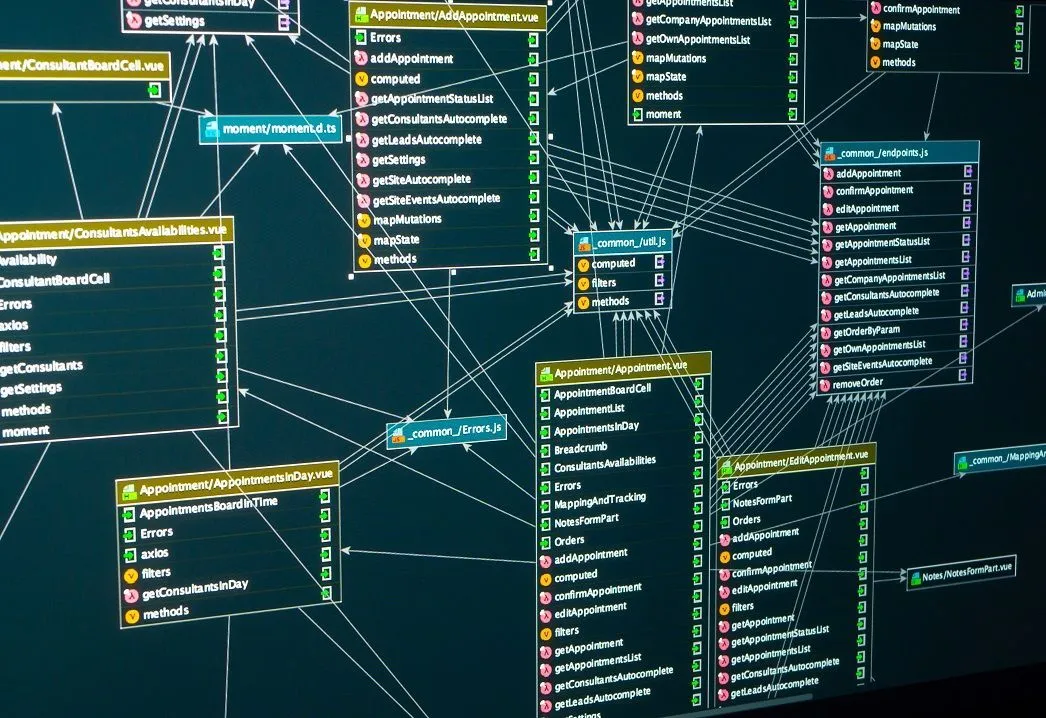In today’s data-driven world, database technologies play a critical role in managing and utilizing vast amounts of information. Understanding these technologies is essential for anyone looking to excel in fields such as software development, data analysis, and IT management. Here’s a comprehensive look at why database technologies are crucial and how mastering them can benefit your career.

Importance of Database Technologies
-
Data Management: Databases are fundamental for organizing, storing, and retrieving data efficiently. They support various applications, from transactional systems in businesses to large-scale data warehousing solutions.
-
Scalability and Performance: Modern databases are designed to handle large volumes of data and provide quick access. They ensure that applications can scale seamlessly as data grows and demands increase.
-
Data Integrity and Security: Databases enforce rules and constraints to maintain data accuracy and consistency. They also implement security measures to protect sensitive information from unauthorized access.
-
Business Intelligence: Databases support business intelligence and analytics by storing historical data and enabling complex queries. This helps organizations make data-driven decisions and gain insights into their operations.
Future Scope of Database Technologies
Growing Demand and Opportunities
-
Expanding Data Needs: With the explosion of data generated by digital interactions, businesses and organizations are investing heavily in advanced database technologies. The demand for skilled professionals who can manage and analyze this data is rising.
-
Emerging Technologies: New database technologies and trends, such as NoSQL databases, cloud-based databases, and real-time data processing, are shaping the future of data management. Professionals with expertise in these areas will be in high demand.
-
Job Market Growth: According to the U.S. Bureau of Labor Statistics, the employment of database administrators and architects is projected to grow 10% from 2023 to 2033, faster than the average for all occupations. This growth reflects the increasing reliance on data in various sectors.
Career Benefits
-
High Earning Potential: Database professionals are well-compensated for their skills. The average salary for a database administrator in the U.S. is around $90,000 per year, with potential for higher earnings based on experience and specialization.
-
Diverse Career Paths: Expertise in database technologies opens doors to various roles, including database administrator, data analyst, data engineer, and database architect. Each role offers unique challenges and opportunities for advancement.
-
Global Opportunities: Database skills are applicable worldwide, providing opportunities to work with international teams and in diverse industries.
Key Database Technologies Covered in Our Course
Our course on database technologies is designed to provide a comprehensive understanding of both traditional and modern databases. Here’s what you’ll learn:
- Relational Databases (RDBMS):
- SQL Basics: Learn the fundamentals of Structured Query Language (SQL) for managing relational databases.
- Advanced SQL: Explore advanced querying techniques, optimization, and database design.
- MariaDB: Gain hands-on experience with MariaDB, a popular open-source relational database.
- NoSQL Databases:
- MongoDB: Understand document-oriented databases and perform CRUD operations using MongoDB.
- CassandraDB: Learn about distributed NoSQL databases and data modeling with Cassandra.
- Big Data Technologies:
- Hive: Master data warehousing infrastructure and HiveQL for querying large datasets in Hadoop.
- Impala: Discover high-performance SQL querying with Impala on Hadoop.
- Spark: Get to grips with Spark for distributed data processing and analysis.
- DBT (Data Build Tool): Learn data transformation and modeling with DBT.
- MapReduce: Understand the MapReduce programming model for processing large data sets.
- HDFS (Hadoop Distributed File System): Learn about data storage and management in a distributed environment.
How Our Course Can Help
Our course, “Introduction to Database Technologies,” is designed to equip you with the knowledge and skills needed to excel in database management and data analysis. Here’s how we support your learning journey:
-
Comprehensive Curriculum: The course covers essential and advanced topics in database technologies, providing a thorough understanding of both relational and NoSQL databases, as well as big data tools.
-
Practical Exercises: Engage in hands-on exercises to apply theoretical knowledge to real-world scenarios. These exercises are designed to enhance your problem-solving skills and proficiency in database management.
-
Real-World Projects: Work on projects that simulate real-world data challenges. These projects help you gain practical experience and build a portfolio that demonstrates your skills to potential employers.
-
Support and Resources: Receive detailed notes, handouts, and access to experienced instructors who provide personalized support and feedback. Our resources are designed to clarify concepts and aid in your learning.
-
Career Preparation: Prepare for roles in data management and analysis with practical training and career guidance. Our course helps you build the expertise needed to succeed in the growing field of database technologies.
Unlock the potential of data with our “Introduction to Database Technologies” course. Develop the skills needed to manage and analyze data effectively and advance your career in the dynamic world of technology.



